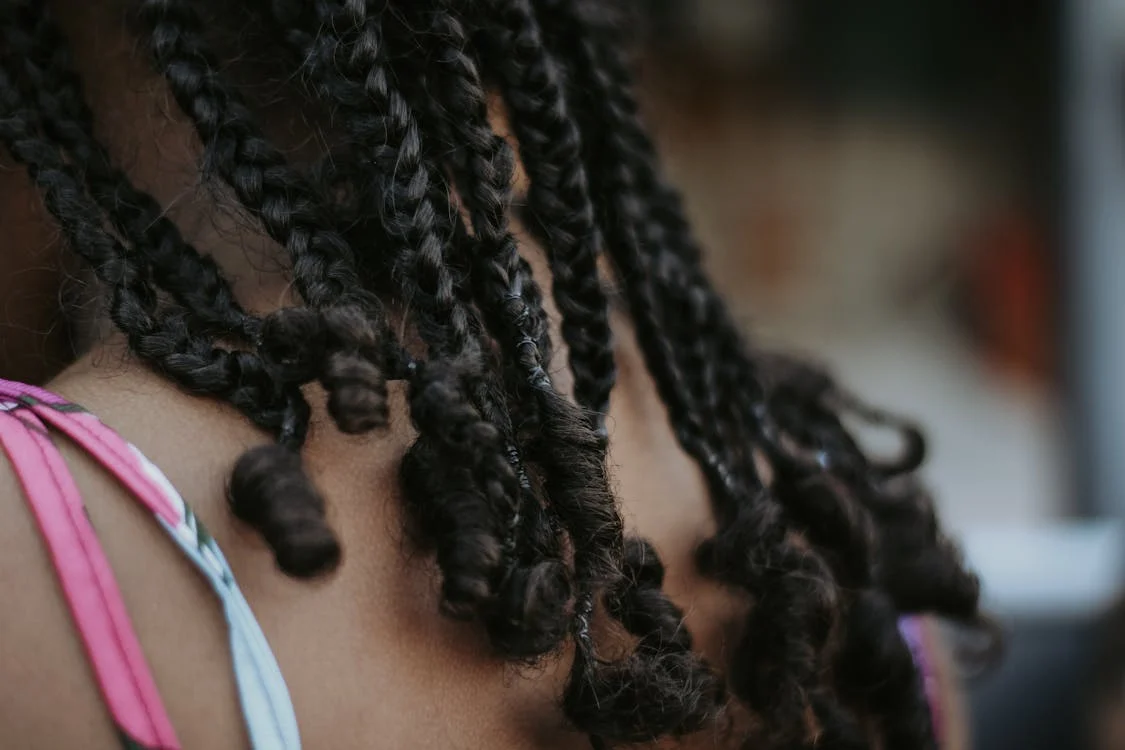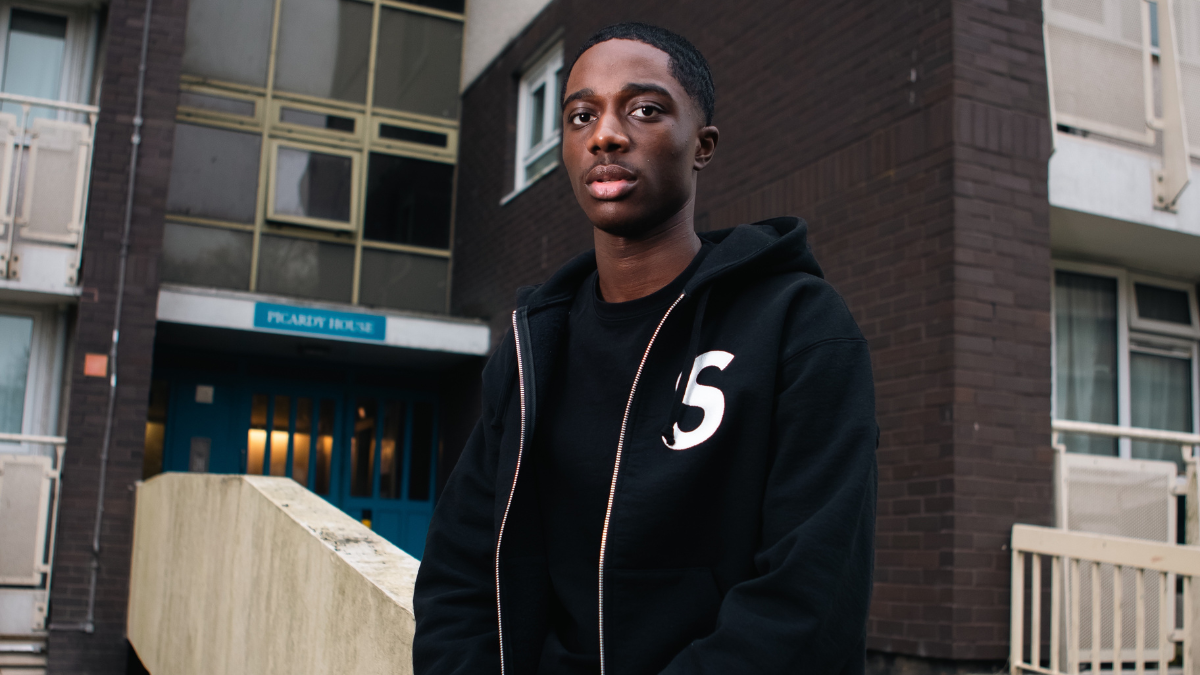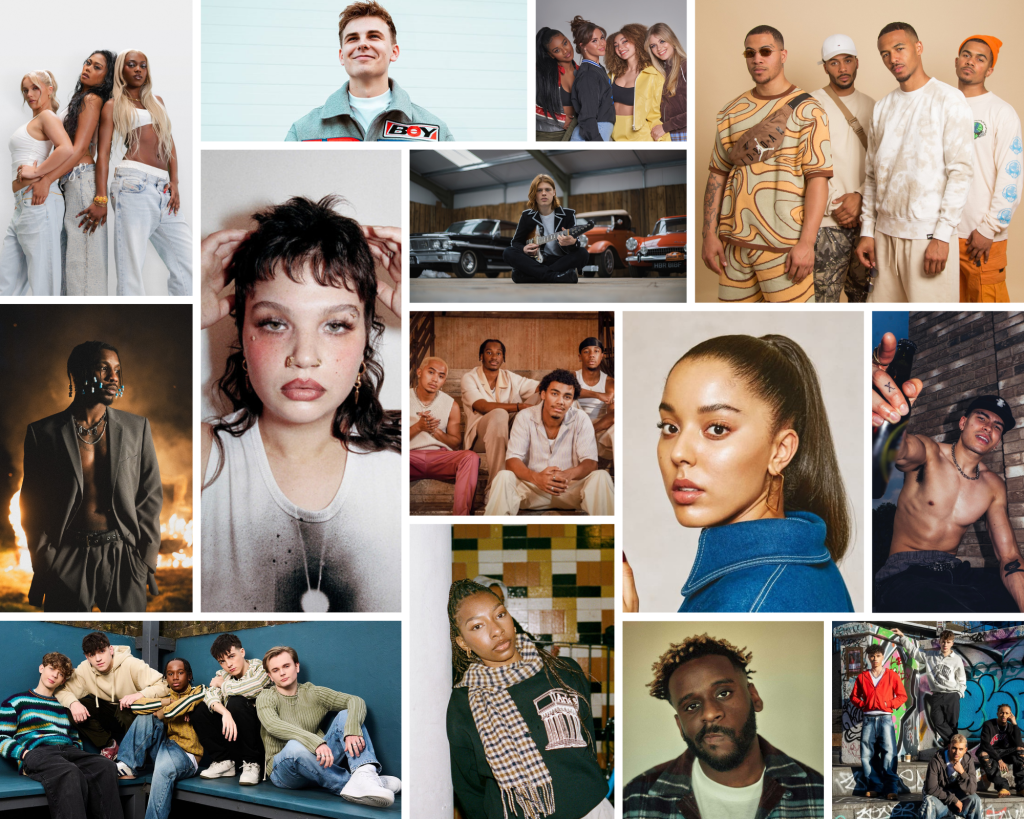Tracee Ellis Ross has transformed the beauty industry with her advocacy for black hair care. After experiencing limited options for textured hair, Ross aims to change the narrative surrounding black beauty.
She is focused on empowering people to embrace their natural hair and reject societal beauty standards. Ross’s vision goes beyond creating products; it’s about reshaping the way people view black hair.
Her work encourages confidence, self-love and inclusion for anyone with textured hair. She seeks to dismantle harmful stereotypes and promote a more inclusive beauty landscape for future generations.
Embracing natural textures over conformity
Tracee Ellis Ross is redefining beauty by encouraging everyone to embrace their natural textures and curls. For years, society told black people that their natural hair was not professionally or socially acceptable in many settings. Even college students are not safe from the effects of discriminatory policies that target black cultural expression.
Word In Black notes that in September 2023, 18-year-old Darryl George was suspended from Barbers Hill High for his dreadlocks.
Barbers Hill Independent School District implemented policies that penalized students with hairstyles such as dreadlocks, citing dress code violations. During the suspension, George endured eight-hour sit-ins and lacked teacher guidance or access to hot meals.
This harmful narrative led many to change their hair to fit mainstream beauty ideals. Ross works to reverse these standards and promote natural hair as beautiful and powerful. She believes that every curl, wave and kink should be celebrated, not hidden.
Encouraging self-love and acceptance is central to her mission to empower people to fully embrace their hair.
What challenges exist in mainstream media representation?
Mainstream media still often portrays straight hair as the standard of professionalism or beauty. This bias limits representation and marginalizes textured hairstyles. Expanding narratives in film, advertising and news can reshape the public’s perception of the beauty and versatility of natural hair.
Redefining beauty through representation
Representation in the beauty industry plays an important role in shaping society’s view of beauty standards. Growing up, Tracee Ellis Ross struggled to find products that suited her unique hair texture. This lack of representation motivated her to create a space for diverse beauty in the industry.
NRF states that as a result, Tracee Ellis Ross founded Pattern Beauty in 2019 to embrace and celebrate the textured hair community. The brand empowers self-expression by promoting confidence in all hair types with thoughtful products.
Pattern Beauty’s approach resonates with audiences, reflected in consistent growth and expanding retail partnerships globally.
She believes that everyone should see themselves represented in the beauty world, especially people with textured hair. Ross empowers individuals to embrace their beauty by sharing her story and advocating for representation. Her work encourages black people to accept their natural hair without feeling invisible or marginalized.
How does representation affect children’s perception of beauty?
Seeing different beauty positively affects children’s self-esteem and acceptance of their natural features. Representation in media and products confirms that beauty comes in all forms. This early validation combats internalized bias and fosters lifelong trust.
Fight hair discrimination in the workplace
Hair discrimination remains a pervasive issue in professional settings, particularly for black individuals. Societal norms have long pushed the idea that straight hair is the ideal standard of professionalism.
The CROWN Coalition’s 2023 report highlights that black women’s hair is 2.5 times more likely to face professional prejudice. This data shows how natural hairstyles are still unfairly considered unprofessional in work environments. Advocacy through the CROWN Act aims to combat this bias and create inclusive hair policies.
This pressure forces black people to change their natural hair to fit these narrow definitions of beauty. Many individuals use chemical hair relaxers to permanently straighten textured hair, causing serious long-term consequences.
Although straightened hair was once considered necessary, the risks are now undeniable. The chemicals in relaxers are harmful and cause damage to both hair and scalp over time.
The dangers of chemical hair relaxers
Chemical hair relaxers contain ingredients such as sodium hydroxide or guanidine hydroxide, which are linked to health problems. These chemicals can weaken the hair, burn the scalp and irritate the skin significantly. Long-term use of relaxers has been associated with serious health complications, such as uterine cancer and fibroids.
According to TorHoerman Law, as awareness increases, many consumers turn to safer alternatives to avoid harmful long-term effects. The increase in lawsuits against manufacturers of hair relaxer products is driving the discussion about product safety forward. Consumers are seeking justice for the health problems caused by these chemical hair products.
A December 2024 update from Lawsuit Legal News reports that hair relaxation litigation now includes 9,640+ active lawsuits. U.S. District Judge Mary Rowland set deadlines for discovery: written discovery by February 28, 2025, and oral discovery by September 30, 2025. These timelines show the urgency of addressing growing safety concerns connected to the hair-relaxation lawsuit.
How does hair discrimination affect mental health?
Experiencing discrimination for natural hair can erode self-confidence and contribute to anxiety in the workplace. It reinforces harmful societal narratives that marginalize black identity. Providing safe spaces and representation in the workplace helps counteract these effects.
Promote education and training for textured hair care
Tracee Ellis Ross understands the importance of education, especially in professional beauty care for textured hair. Many hairdressers are inadequately trained to care for textured hair, leading to poor service and frustration.
Ross is advocating for more comprehensive training programs focused on textured hair care to improve the industry standard. With this, she ensures that stylists meet the needs of all customers.
Her goal is to raise awareness of the unique needs of textured hair, which are often overlooked. This focus on education will promote more inclusive beauty practices across the industry.
What community efforts support education in textured hair?
Nonprofits and local organizations offer workshops and resources for stylists working with textured hair. These initiatives bridge educational gaps and empower both professionals and customers. Community involvement strengthens advocacy for the inclusion of textured hair across the industry.
Tracee Ellis Ross is reshaping the way we think about beauty, hair and self-expression. Her advocates challenge society’s prejudices and promote self-love by celebrating natural hair. She confronts hair discrimination in the workplace and pushes for inclusive standards that embrace everyone’s authenticity. Ross dismantles harmful stereotypes while promoting justice and acceptance in beauty and beyond.
Her work empowers Black individuals to embrace their true selves, increasing self-esteem and confidence. This movement isn’t just about hair; it’s about creating meaningful social change. Tracee’s bold vision for black hair care inspires others to unapologetically celebrate their identity. It’s a revolution beyond the beauty aisle.





